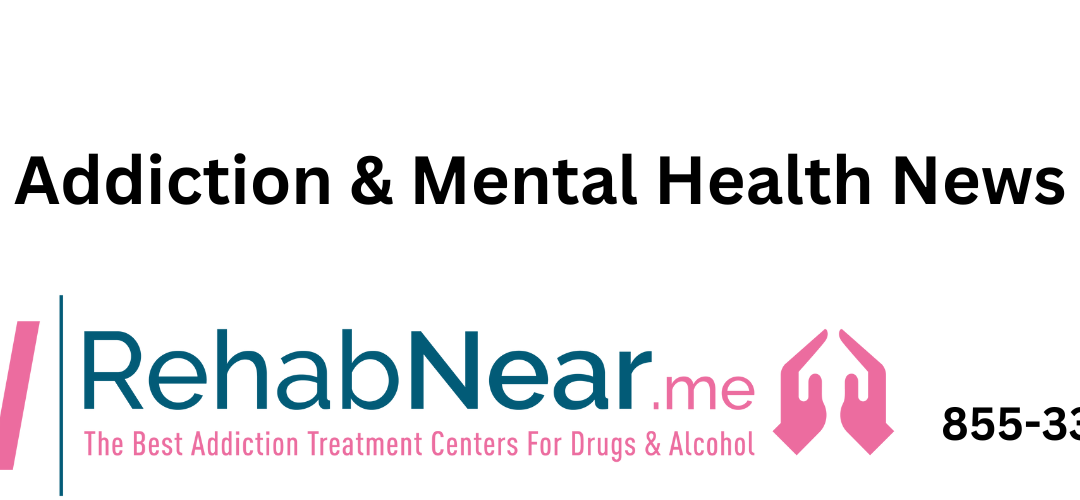In a recent study published in the JAMA Network Open Journal, researchers conducted a cross-sectional study to investigate the impacts of cannabis legalization on traffic injury in Ontario, Canada.
The recent study captured 426 cannabis-related traffic mishaps resulting in hospital emergency department (ED) admissions over the last 13 years.
They report an increase of 475.3% in cannabis-involved road injury but emphasize that market commercialization, not legalization, is responsible for this four-fold increase.
While this increase is significant, the overall proportion of road injuries involving recreational use is still minuscule and pales in comparison to the far more prevalent alcohol-involved traffic mishaps.
Cannabis is a psychoactive drug derived from plants of the genus Cannabaceae. Native to Central and South Asia, this drug has been used for recreational, medicinal, and entheogenic purposes for centuries.
Consumed predominately via smoking, cannabis use, especially recreational, has been mostly legally banned, with hitherto only eight countries legalizing adult recreational cannabis use.
Following Uruguay, Canada became the second country globally to legalize the licensed sale of cannabis for adult recreational consumption on the 17th of October, 2018. Cannabis consumption, however, leads to intoxication symptoms, presenting an immediate risk of motor vehicle collisions, with risk duration dependent on dosage and drug acclimatization.
To counter this, the Canadian government imposed limits on blood tetrahydrocannabinol (THC) levels, allowing a maximum of 2 ng/mL, exceeding which criminal charges would be enforced on intoxicated drivers.
The impacts of cannabis legalization on traffic mishaps remain poorly understood, with only a few studies investigating the phenomenon. Most of these studies focus on the United States (US) context, with only two studies conducted in Canada.
Results from this research are confounding, with some studies reporting increases in fatal motor vehicle accidents, while others report no change in baseline vehicle mishap trends following cannabis legalization.
Notably, most data on cannabis-involved road accidents, especially in Canada, overlap with the coronavirus disease 2019 (COVID-19) pandemic, during which vehicle movement was largely restricted.
Therefore, a need exists to compare trends in cannabis-involved vehicle collisions before and after legalization while accounting for reductions in accidents overall during the pandemic.
A recent article explores the correlation between the legalization and commercialization of cannabis and its potential impact on road accidents. As cannabis laws evolve worldwide, concerns regarding its influence on road safety have emerged. The study delves into the data to shed light on this critical issue.
The article highlights that legalization alone may not be the sole culprit behind increased road accidents. Factors like increased availability, accessibility, and usage patterns play a significant role. Data suggests that regions with liberal cannabis policies often experience higher rates of road accidents. However, causation remains a complex challenge to establish definitively.
This discussion is particularly relevant as societies grapple with the consequences of cannabis policy changes. The article underscores the need for comprehensive research to inform policy decisions and mitigate road safety risks associated with cannabis legalization.
If you or someone you know is struggling with addiction, contact RehabNear.Me at 855-339-1112 for guidance and support. Our dedicated team can help you find suitable treatment options and resources to overcome addiction and lead healthier lives. Don’t hesitate to seek help; recovery is possible.








